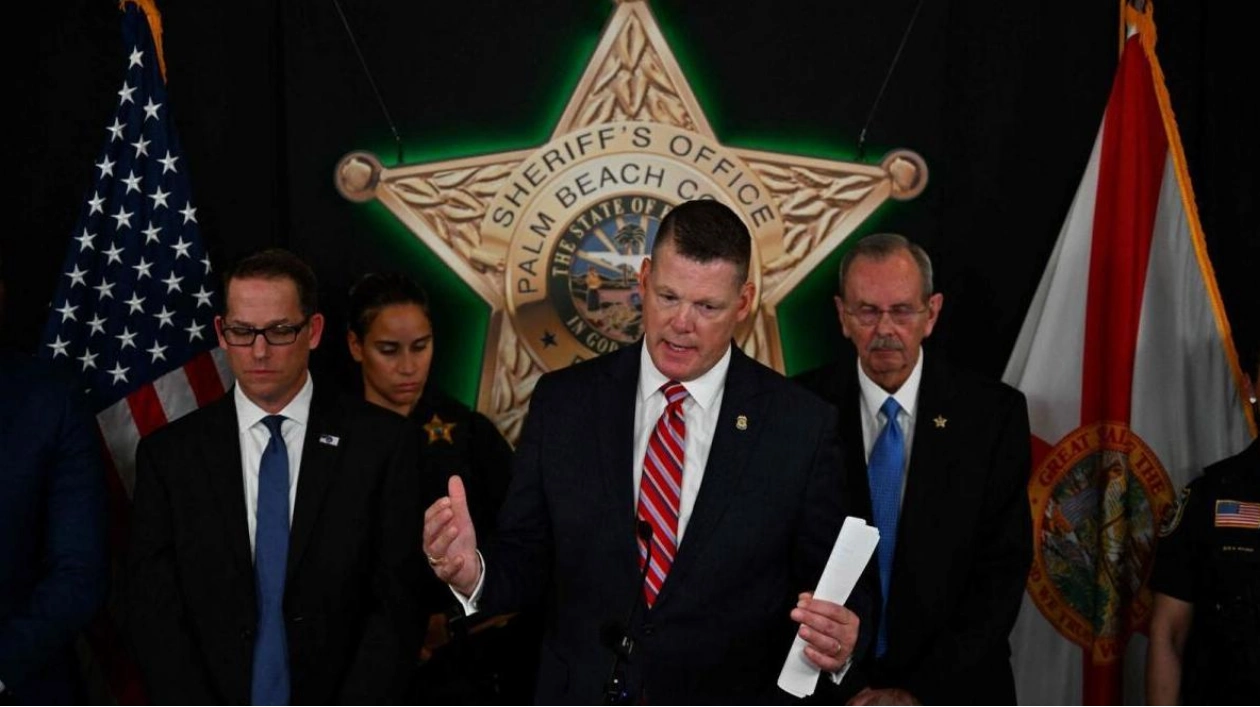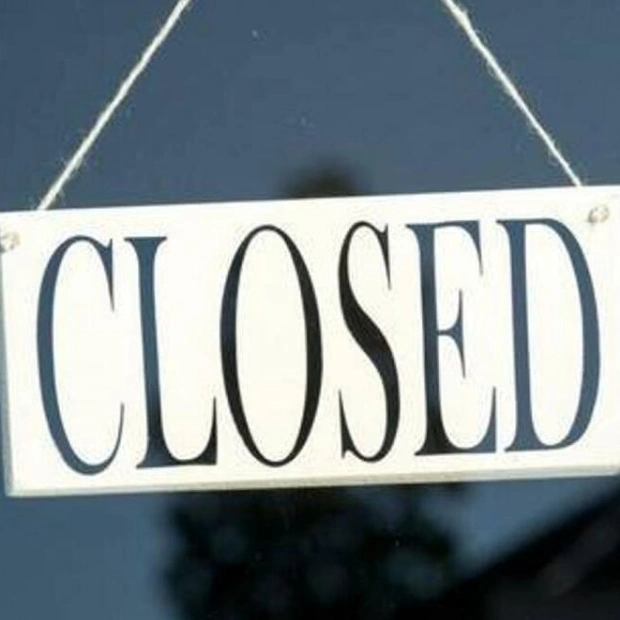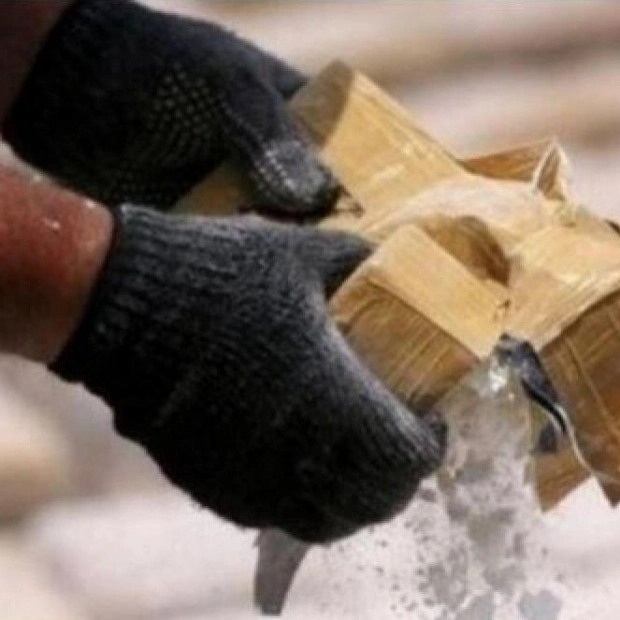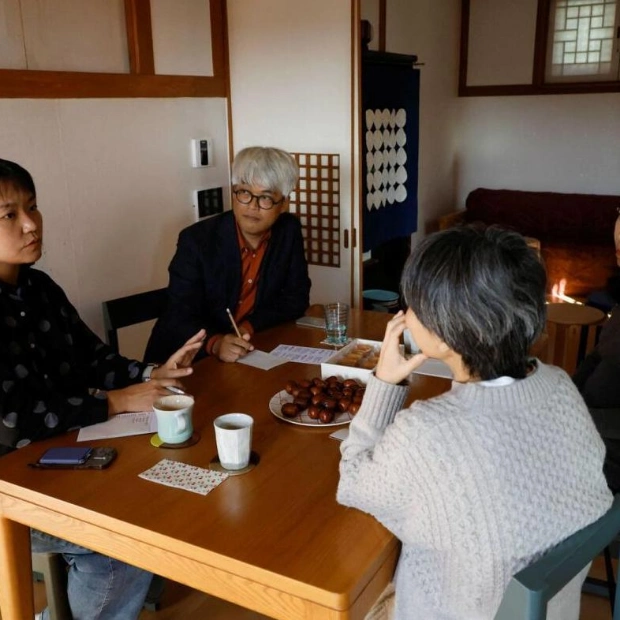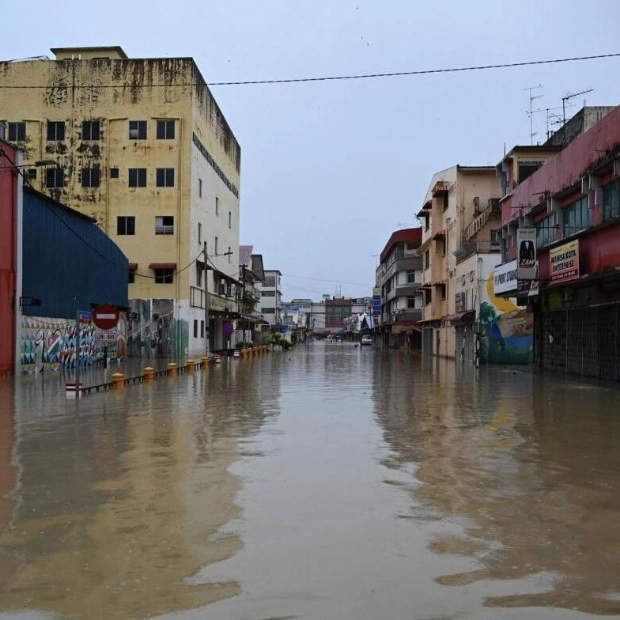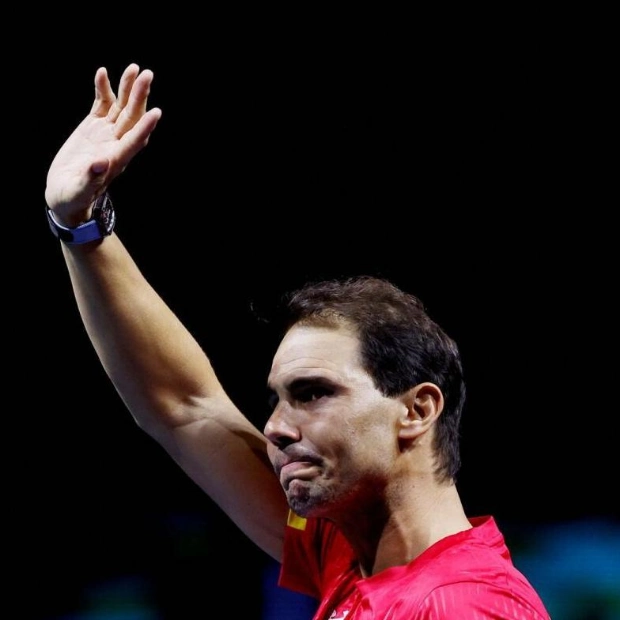Two months after Donald Trump narrowly escaped an assassination attempt, a gunman remained undetected for nearly 12 hours on the periphery of the golf course where Trump played on Sunday, under the watch of an agency stretched to its limits. As the 2024 presidential election nears its conclusion, the US Secret Service is functioning with approximately 400 fewer employees than authorized by Congress, according to government records. The issue is unlikely to be resolved before the November 5 election, as the agency typically requires over 200 days to fill vacant positions.
Since President Joe Biden withdrew his re-election bid in July, and Vice-President Kamala Harris assumed the role of the Democratic presidential candidate in a closely contested race against the Republican Trump, the Secret Service has had to extend its protective coverage to a broader array of officials. This has imposed unprecedented strains on the agency, as revealed by interviews with three former Secret Service agents and a former director of the department overseeing it. "The pace, the expectations, the pressure has never been worse than it is right now," remarked Kenneth Valentine, a former agent, during a phone interview.
Trump's preference for golfing privately at one of his Florida clubs on Sunday meant that agents did not conduct the routine site survey that might have uncovered the alleged gunman before Trump came within a few hundred yards of where the man had concealed himself for hours, with provisions, near the fifth hole of the Trump International golf course. Acting Secret Service Director Ronald Rowe, who took over in July following the resignation of the agency's former leader after Trump's first assassination attempt, stated that his agents are already operating under high stress levels. "We are pushing them to their limits," Rowe said at a Monday news conference.
Democrats and Republicans in Congress indicate they may approve additional funding in the coming weeks. However, this will provide little immediate relief for the personnel shortage that compels agents to work extended hours in high-pressure scenarios. The potential for failure was starkly illustrated on July 13, when a gunman fired six shots from a building at a Trump rally in Pennsylvania, resulting in the death of a rally attendee and grazing the Republican candidate's ear. Secret Service agents swiftly escorted Trump to safety and neutralized the gunman, but agency leaders admit he should never have been able to fire shots in the first place.
Rowe expressed his "shame" over the security lapses during a July 30 meeting with lawmakers. On Sunday, a Secret Service agent identified the suspected gunman at the Florida golf course, spotting the muzzle of his AK-47-style rifle. The agent opened fire, forcing the man to retreat before he could establish a direct line of sight to Trump or fire a shot. The suspect, Ryan Routh, was apprehended shortly thereafter. Nonetheless, security experts question why the agency did not detect him sooner. "How was Routh not spotted by an advance team? Did the (Secret Service) employ a drone over the golf course? Dogs? If not, why not?" queried Lora Ries, a former top official at the US Department of Homeland Security during Trump's administration.
Rowe informed reporters that Trump's Sunday golf outing was not publicized. Consequently, the agency did not conduct an intense security sweep beforehand, which might have indicated his imminent arrival. Trump's inclination to play golf on his own courses, which are accessible to members, presents greater security challenges than past presidents like Barack Obama and Bill Clinton, who usually played on military courses that could be closed to the public, according to former agents. Trump expressed his desire for more agents to protect him on Monday. As a candidate and former president, he is allocated fewer agents and resources compared to a sitting president.
The Secret Service employed 7,879 individuals as of February, the latest figures available. This falls short of the plan outlined by former agency director James Murray to Congress in 2022, where he aimed to have 8,305 staffers within a year and 10,000 by 2027. Although Congress increased the Secret Service's budget by 9% this year to prepare for the 2024 election, the agency cannot rapidly expand its workforce. The rigorous nature of the job means that only 2% of applicants are typically hired, Rowe informed Congress in July. The agency has also struggled in recent years to retain agents enticed by more lucrative private-sector opportunities, he noted. This shortage makes it more challenging for agents to stay on the job, as they must rush from one assignment to another. "The Secret Service lacks the resources, it doesn’t have the personnel," stated former agent Bill Gage in an interview.
